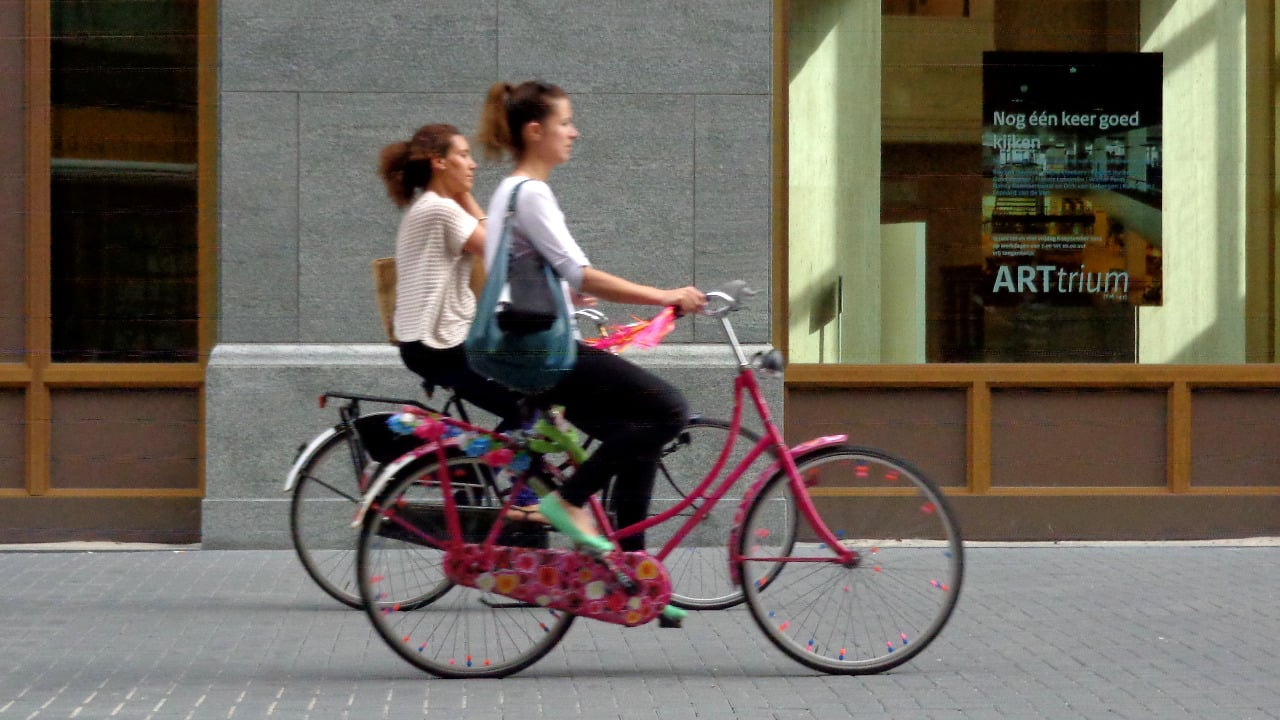13 Ways to Cut Down on Transportation Costs

Transportation costs have increased dramatically in recent years thanks to inflation, rising fuel prices, and operational costs.
You might wonder how to trim travel expenses if you commute regularly or travel out of town often.
Although you can’t avoid all travel, you can significantly reduce your expenses. Check out these cost-cutting strategies for reducing transportation costs.
1. Speak With Your Employer

Your boss or manager may help you reduce your transportation costs. Many businesses have employee travel allowances.
Some studies show that businesses that partner with travel companies save up to 30% when they reward good spending habits. Contact your superior regarding any solutions they may have for your transportation needs.
2. Explore Flexible Date Options

If you’re traveling out of town, book tickets midweek. Flight tickets are the most expensive on weekends and Mondays, while Tuesdays, Wednesdays, and Thursdays are more affordable.
Travel during the week to reduce costs unless you have a conference, client meeting, or other time-sensitive obligation.
3. Don’t Book at the Last Moment

Last-minute bookings are costly, as fewer seats are available. You may not get that comfortable aisle or window seat but get sandwiched between others in an undesirable middle seat.
Book flights a few weeks before anticipated travel dates. Proper planning will ensure you get the best price and your preferred seat.
4. Enroll in Loyalty Programs

From frequent flyer miles to other reward points, airline companies offer various options for travelers to reduce expenses.
Frequent flyers should select their preferred airline and habitually book with it. Brand loyalty leads to reward points and increased business-class upgrade eligibility.
5. Avoid Taxis

When traveling around the city, try not to call an Uber or Lyft. Taxis are unnecessarily expensive and also are environmentally unfriendly.
Instead, explore public transportation such as buses, trains, or trams. Not only will you save a lot of money, but you will also move around a bit and lose some weight.
6. Walk Where You Can

If your destination is within a reasonable distance, resist the temptation to call a cab and walk instead.
Regular walks can boost physical and mental health and improve life expectancy. Well-maintained health can also reduce medical expenses over the long run.
7. Ride Your Bike

Research shows that regular cycling improves cardiovascular health and helps build stamina and endurance.
Start cycling if nearby streets are cyclist-safe and you’re physically able to do so. Not only will you save money, but you’ll feel great and improve your overall fitness.
8. Try Carpooling

Daily drivers can carpool with nearby colleagues. Establish a schedule with coworkers and rotate driving responsibilities. Calculate fuel costs and split them among your carpool group.
Carpooling cuts gas costs, reduces your carbon footprint, puts less wear and tear on your vehicle, and fosters stronger interpersonal relationships among workmates.
9. Check if Ride-Sharing Is an Option

Ride-sharing’s steadily increasing popularity benefits the eco-conscious and those with limited or no car access. Popular transportation services like Uber and Lyft offer ride-sharing options.
All you need to do is hail a ride, just like you would on the Uber or Lyft application — but you’ll share the ride with other passengers. It is cheaper than hiring an entire cab for yourself and more sustainable.
10. Bundle Airfare and Cab Services

Online booking applications often allow users to book flight tickets and bundle services like airport pickup and dropoff. These offerings help flyers cut associated costs and streamline booking processes.
Those traveling to a new city won’t have to worry about hailing a cab upon arrival, as their already-scheduled ride will be waiting.
11. Avoid Unnecessary Trips

About 21% of Americans report they overspend on travel expenses. Combat frivolous spending and ask yourself if it is necessary to leave the house.
If you need to travel outside the city for business, ask if you can attend meetings remotely. If you can, you might be able to skip the trip altogether.
12. Try Working From Home

Speak to your HR and find out if they offer flexible working options. Remote work opportunities can cut travel-related expenses like fuel and vehicle maintenance.
If available in any capacity, working from home just a few days a month can slow mounting transport costs.
13. Use Electric Vehicles

New vehicles are not minor purchases, but greener transportation, like EVs, can reduce or eliminate gas costs from your budget.
Most importantly, you’ll contribute to a greener and cleaner world, which helps reduce expenses in the long term.





